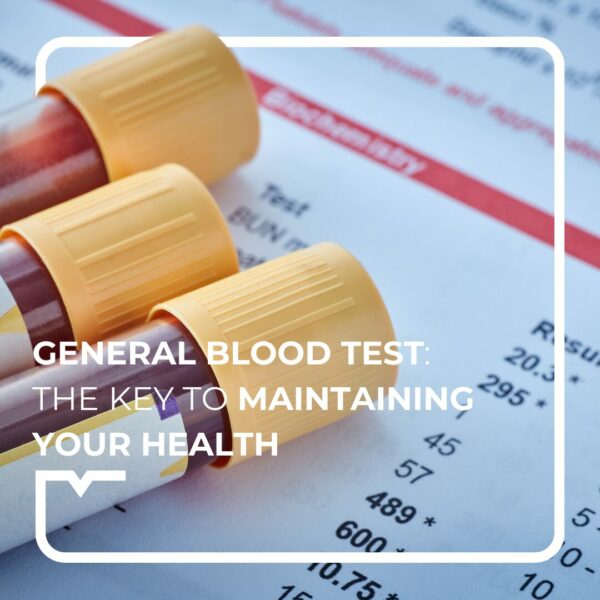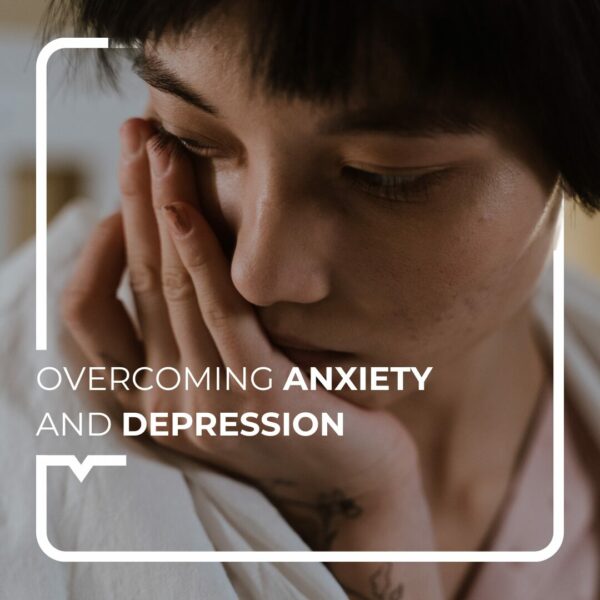At the moment you are feeling unusually tired, and you have muscle and joint pain. You may well have too much iron in your blood… When was your last blood test?
Hello, this is Dr Joy.
Today we are going to talk about Hemochromatosis or having too much iron in the blood.
Vamos !
Hemochromatosis, what is it?
Hemochromatosis is a genetic disease that causes an excessive accumulation of iron in the body. The iron accumulates mainly in the liver, heart and pancreas.
Hemochromatosis is not a contagious disease. It is an autosomal recessive genetic disease, which means that you have to inherit two copies of a defective gene, one from each parent, to develop the disease.
The gene responsible for hemochromatosis regulates the amount of iron absorbed by the body. In people with hemochromatosis, the body absorbs too much iron and cannot eliminate it properly, resulting in a build-up of iron in organs and tissues. This can damage organs and cause a variety of symptoms and complications.
The symptoms of hemochromatosis
The symptoms of hemochromatosis can vary from person to person and depend on the amount of iron accumulated in the body.
Some symptoms may include:
- Chronic fatigue
- Joint and muscle pain
- A swollen abdomen
- Weight loss
- Loss of libido and erectile dysfunction in men
- Menstrual disorders in women
- Dark or tanned skin
- Diabetes mellitus
- Liver disorders, such as cirrhosis, hepatomegaly (enlarged liver) or hepatitis
- Heart problems, such as arrhythmia, heart failure, or inflammation of the heart muscle
- Hypothyroidism
- Increased secretion of growth hormone
How is hemochromatosis treated?
There is no drug treatment to cure this excess of iron in the blood, so patients are given regular bloodletting to reduce the iron level. If haemochromatosis is diagnosed early and treated correctly, people with the disease can live a normal, healthy life.
If you have a family history of hemochromatosis or have symptoms that could be related to the disease, it is important to seek advice!
Até Ja,
Dr Joy.
This information is not a substitute for medical advice.
You must seek the advice of your doctor or another qualified health professional with any questions you may have regarding your health condition.



